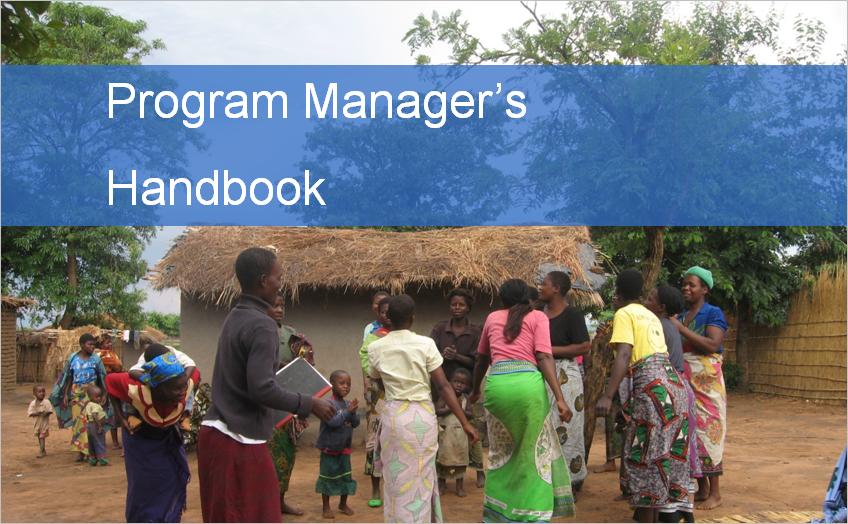By Adam Fletcher and Kari Kunst
Introduction
WHY PLAY GAMES WHEN THERE’S WORK TO DO?
There are at least two kinds of games: One would be called finite, the other infinite. A finite game is played for the purpose of winning, and an infinite game is played for the purpose of continuing to play. The rules of a finite game may not change; the rules of an infinite game must… The finite game player aims to win eternal life; the infinite player aims for eternal birth. – James P. Carse*
There’s so much to do! Our communities are falling apart, young people, old people, brown people, black people, poor people, and lots of other people aren’t getting the respect or power they deserve. Why play games when there’s so much work to do? There are a lot of reasons to look at, but first let’s define what we’re talking about.
What Are Cooperative Games?
Cooperative games emphasize participation, challenge and fun rather then defeating someone. Cooperative games are fun, cooperative, challenging games in which the group is confronted with a specific problem to solve. Initiative games can be used for several reasons. The games can be used to
demonstrate and teach leadership skills to people, which helps to promote the growth of trust and problem-solving skills in groups. Games demonstrate a process of thinking about experiences that
helps people learn and practice responsibility. Cooperative games are not new. Some of the classic games we participated in as children are classic because of the play emphasis. There may be competition involved, but the outcome of the competition is not sitting out or losing. Instead, it may involve switching teams so that everyone ends up on the winning team. Some people avoid calling them “games,” choosing “activity,” “challenge,” or “problem” instead. Whatever a group chooses to call them, these games can boost our efforts to create powerful, lasting community change.
Why Play Games?
When a group of people are preparing to participate in social change, there needs to be some breaking down of inhibitions before they become group participants. “There is no ‘I’ in T-E-A-M” and all that.
Before a group can build effective solutions to the problems facing their communities, they need to trust each other and communicate.
Cooperative games also help set the tone of an action. Social change work is often hard-driven and energy-consuming. Many groups find that cooperative games offer a brisk, friendly way to bring together passionate taskoriented goals with focused, group-driven teambuilding. In other words, fun and games can propel social change! Another purpose of games is to get people to think together, as a team, so that everyone in the group has input and shares ideas. When we have input we have ownership, and when more people have ownership there is more success.
Aren’t Games Distracting?
When facilitated well, games can actually accentuate the purpose of your day’s work or your group’s purpose. Through a technique called “framing,” games become relevant and powerful tools to break down barriers, build up focus, and make your group’s process more effective and inclusive of all involved. In all settings games should be used to build a sense of purpose, passion, and opportunity. Without those pieces as goals, games become pacifiers for the grown, as their potential to stave off the appetite of a group that hungers for power is immense. In classrooms where teachers use games as “fillers” the students mope lazily back to their desks, as they know the grueling pain of continuity is about to continue. In classrooms where teachers use the games in context of the lessons, students aim to learn with eagerness and a sense of purpose.
Which Games Should We Play?
Many people use games as an introduction or a closing to their activities. It’s a good idea to add them throughout your day, between or as a part of a larger event. Games are a great way to break up the monotony of a long day’s learning, or a hard day’s work. They are also a great way to keep small children
busy, and big children happy. You may want to play a game to reinforce teamwork after a bad day (because they happen) or play a game to relieve some group stress or build the scenario to work through a problem. Games are actually tools that a skilled facilitator has at their fingertips in a time of need.
Great! How do we get started?
The following booklet is full of easy-to-use games. Play them safe, play them purposefully, play fun and play hard! So then, PLAY ON PLAYERS! And feel free to download this from The Freechild Project website and to print out this guide doublesided or on re-used paper, please… It’s our world, and we CAN change it!




